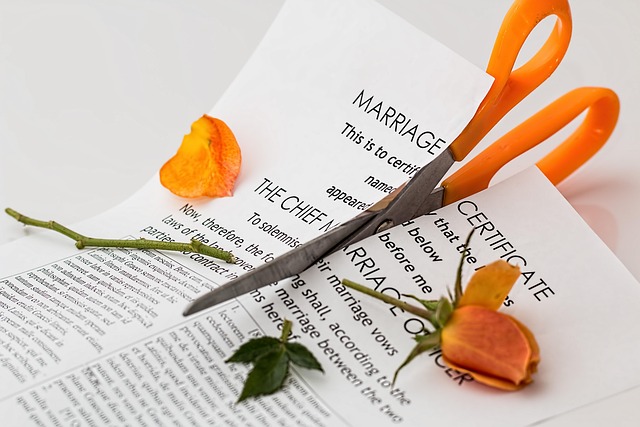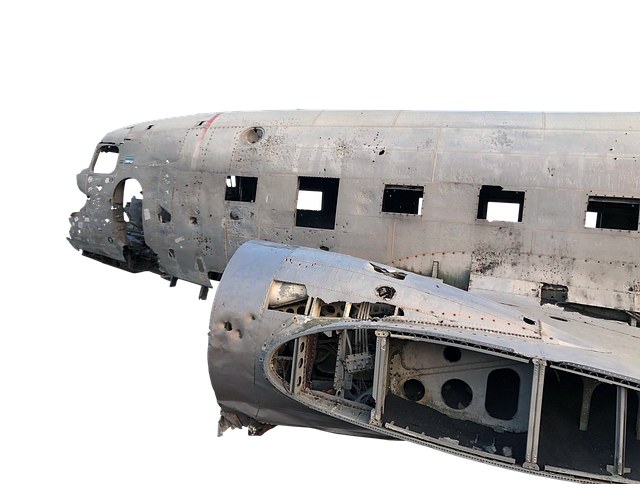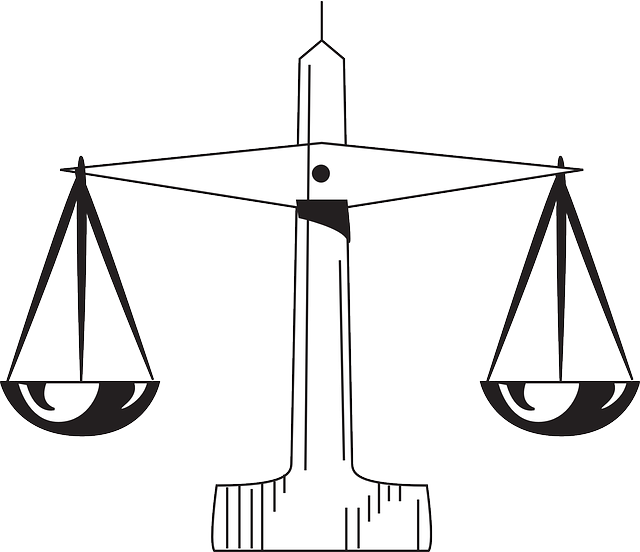A wrongful death settlement is a monetary agreement resolving legal disputes outside court, offering quicker resolutions and privacy compared to jury trials. It compensates surviving family members for medical expenses, funeral costs, pain & suffering, and economic losses. While jury trials offer community accountability and thorough scrutiny of evidence, they can be lengthy and expensive without guarantee of a favorable outcome. Settlements are beneficial in complex cases like truck accidents or elder abuse, providing guaranteed compensation with less time and legal costs. Strong evidence, such as eyewitness testimonies and medical reports, facilitates settlements.
When facing a wrongful death claim, deciding between a settlement and a jury trial is crucial. This article provides an in-depth look at the process, pros, and cons of each option. Understanding wrongful death settlements offers insights into alternative resolutions. We explore the factors that influence decisions, from legal costs to potential outcomes. By weighing the benefits and drawbacks, individuals can make informed choices, ensuring the best possible outcome for all parties involved in such sensitive cases.
- Understanding Wrongful Death Settlements: An Overview
- The Pros and Cons of Pursuing a Jury Trial
- Factors Influencing the Decision Between Settlement and Trial
Understanding Wrongful Death Settlements: An Overview

In cases of wrongful death, a settlement represents a monetary agreement between the plaintiff and defendant to resolve the legal dispute outside of a courtroom. This process involves negotiating a fair compensation for the loss of a loved one, covering various aspects such as medical expenses, funeral costs, pain and suffering, and the economic loss experienced by surviving family members. Wrongful death settlements can be particularly beneficial when navigating complex cases involving property damage claims or high-stakes issues like truck accidents, ensuring that families receive the injury compensation they are entitled to without prolonged legal battles.
Understanding the settlement process is crucial for individuals considering their options after a tragic event. It provides an alternative path to the traditional jury trial, which can be lengthy and emotionally taxing. A wrongful death settlement allows for a quicker resolution, offering a sense of closure while securing financial resources that can assist with recovery efforts and provide stability during difficult times.
The Pros and Cons of Pursuing a Jury Trial

Pursuing a jury trial in a wrongful death case offers both advantages and potential drawbacks. One of the primary benefits is the opportunity for a community to have its say in holding accountable those responsible for a loved one’s untimely death. Jury trials provide a public platform where evidence is rigorously scrutinized, ensuring a thorough process that respects the gravity of the situation. This democratic aspect allows for a sense of justice and closure, as it directly involves the community in the decision-making process.
However, jury trials can be lengthy and expensive, often consuming significant time and resources. Moreover, there’s no guarantee of a favorable outcome, as juries may interpret evidence differently. In contrast to the public nature of a trial, settlement negotiations offer privacy and can lead to quicker resolution. While it may not provide the same level of public scrutiny, a wrongful death settlement can still result in substantial compensation for victims’ families, especially when dealing with complex cases like truck accidents or elder abuse, where fiduciary duty breaches can have devastating consequences.
Factors Influencing the Decision Between Settlement and Trial

When deciding between a wrongful death settlement and proceeding with a jury trial, several factors come into play. One of the primary considerations is the strength of the evidence. In personal injury claims, including partnership disputes and insurance disputes, the availability and quality of evidence can significantly impact the outcome. If the facts are clear-cut and supported by strong evidence, such as eyewitness testimonies, medical reports, or forensically sound data, a settlement may be reached more easily, potentially saving time and legal costs.
The complexity of the case is another critical aspect. Complex cases involving intricate legal arguments, multiple liable parties, or unique factual circumstances might be better suited for trial. These scenarios often require extensive discovery processes to unearth all relevant information. Additionally, the potential for a significant award in a jury trial can influence a plaintiff’s decision. While settlements typically offer a guaranteed sum, the outcome of a jury trial is unpredictable, offering the chance for a substantial reward but also carrying the risk of an unfavorable verdict.
When facing a wrongful death case, deciding between a settlement and a jury trial is a complex choice. While a settlement offers certainty and compensation without the risks of a trial, going to court allows for public accountability and potentially higher damages. Several factors, including the strength of evidence, personal preferences, and the potential impact on the family, play a crucial role in this decision. Ultimately, the goal is to secure justice and closure, with the understanding that each path has its advantages and disadvantages in pursuing a wrongful death settlement.






